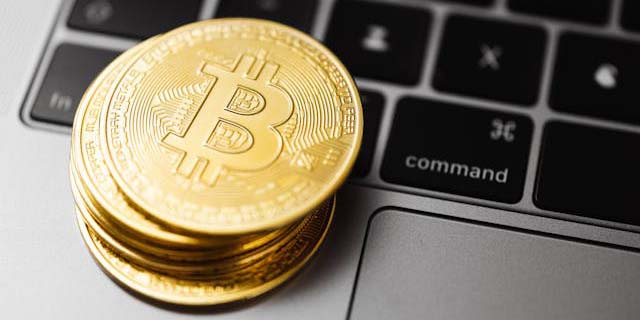
The history of the Bitcoin network began in 2008 when an individual or group using the pseudonym Satoshi Nakamoto published a white paper titled "Bitcoin: A Peer-to-Peer Electronic Cash System." This document outlined the concept of a decentralized digital currency that would allow for peer-to-peer transactions without the need for intermediaries like banks. In January 2009, Nakamoto mined the first block of the Bitcoin blockchain, known as the "genesis block," marking the official launch of the Bitcoin network. Over the years, Bitcoin gained traction among tech enthusiasts and investors, leading to the establishment of exchanges, wallets, and a growing ecosystem of services. The network has undergone significant developments, including upgrades to its protocol, increased scalability solutions, and rising public awareness, solidifying Bitcoin's position as the first and most well-known cryptocurrency. **Brief Answer:** The Bitcoin network started in 2009 with the mining of the first block by Satoshi Nakamoto, following the release of a white paper in 2008. It has since evolved into a prominent decentralized digital currency, fostering a wide ecosystem of exchanges and services.
The Bitcoin network offers several advantages, including decentralization, which reduces the risk of single-point failures and enhances security against fraud and censorship. Transactions are typically faster and cheaper than traditional banking systems, especially for cross-border transfers. Additionally, Bitcoin provides users with greater control over their funds, as it operates on a peer-to-peer basis without intermediaries. However, there are notable disadvantages as well. The network's scalability issues can lead to slower transaction times during peak usage, and its energy-intensive mining process raises environmental concerns. Furthermore, the volatility of Bitcoin's price can pose risks for investors and users alike, while regulatory uncertainty in various jurisdictions may hinder broader adoption. In summary, while the Bitcoin network offers benefits like decentralization and lower transaction costs, it also faces challenges such as scalability, environmental impact, and price volatility.


The Bitcoin network faces several challenges that impact its scalability, security, and usability. One of the primary issues is transaction speed and capacity; as the number of users increases, the network can become congested, leading to slower transaction times and higher fees. Additionally, the energy consumption associated with Bitcoin mining has raised environmental concerns, prompting discussions about sustainability. Security remains a critical challenge, as the network is susceptible to potential attacks, such as double-spending or 51% attacks, although these are mitigated by the decentralized nature of the blockchain. Furthermore, regulatory uncertainty in various jurisdictions poses risks for adoption and integration into traditional financial systems. Addressing these challenges is essential for Bitcoin's long-term viability and mainstream acceptance. **Brief Answer:** The Bitcoin network faces challenges including transaction speed and capacity limitations, high energy consumption from mining, security vulnerabilities, and regulatory uncertainties, all of which hinder its scalability and mainstream adoption.


Finding talent or assistance related to the Bitcoin network can be crucial for individuals and organizations looking to navigate the complexities of cryptocurrency. Whether you need developers skilled in blockchain technology, analysts who can interpret market trends, or educators who can demystify Bitcoin for newcomers, there are various platforms and communities dedicated to connecting people with the right expertise. Online forums, social media groups, and professional networks like LinkedIn can serve as valuable resources for sourcing talent. Additionally, attending industry conferences or meetups can facilitate networking opportunities with professionals who have a deep understanding of the Bitcoin ecosystem. **Brief Answer:** To find talent or help regarding the Bitcoin network, utilize online platforms like LinkedIn, forums, and social media groups, or attend industry events to connect with experts in blockchain technology and cryptocurrency.
Easiio stands at the forefront of technological innovation, offering a comprehensive suite of software development services tailored to meet the demands of today's digital landscape. Our expertise spans across advanced domains such as Machine Learning, Neural Networks, Blockchain, Cryptocurrency, Large Language Model (LLM) applications, and sophisticated algorithms. By leveraging these cutting-edge technologies, Easiio crafts bespoke solutions that drive business success and efficiency. To explore our offerings or to initiate a service request, we invite you to visit our software development page.




TEL:866-460-7666
EMAIL:contact@easiio.com
ADD.:11501 Dublin Blvd. Suite 200, Dublin, CA, 94568